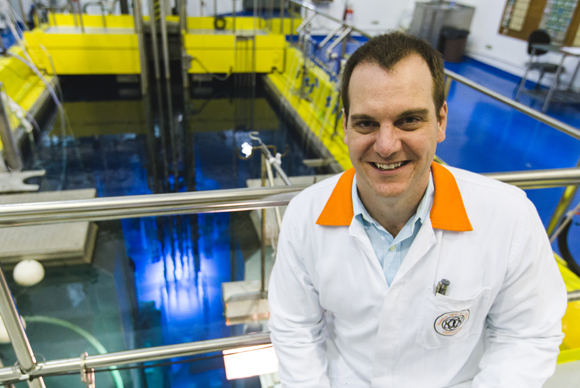Who Am I?
Prof. Dr. Fernando Bardella is Post-Doctoral fellow and researcher at the Nuclear Energy Research Institute (IPEN) / Brazilian National Nuclear Commission (CNEN) at the University of São Paulo (USP). Dr. Bardella holds a Doctor of Science degree from IPEN/USP, a MBA in Project Management from Fundação Getúlio Vargas (FGV) and holds BS degrees in both Computer Science (Laureate International) and Physics (IF-USP).
Passionate about fostering STEM education to young students, Dr. Bardella’s research is multidisciplinary, focusing on integrating disruptive technologies and innovations – such as Scientific Visualization, 3D Computing, Virtual and Mixed Realities (AR/AV), Rapid Prototyping and Internet-based computing – to build tools capable of supporting science education of very abstract topics.
Additionally, Dr. Bardella also contributes with his extensive corporate in managing complex projects, leading technical and professional teams, and thriving on technology to drive innovation and digital transformational change.
On his free-time Dr. Bardella enjoys brewing beer with his friends and travelling with his family.
Some of my highlights
- Founding Member and Researcher of the Group for Scientific Visualization in Materials (GVCM)
- Founder and Head of IT Innovations of GVCM’s Disruptive Technologies Lab (DTL)
- Associate Editor of the Journal of Materials Education (JME)
- Member of the International Council on Materials Education (ICME)


